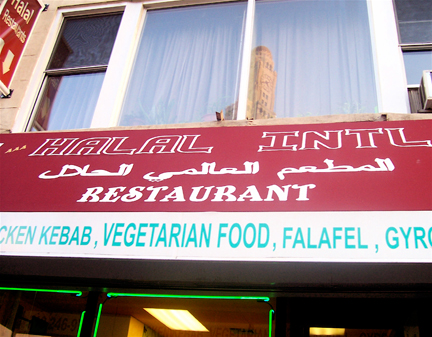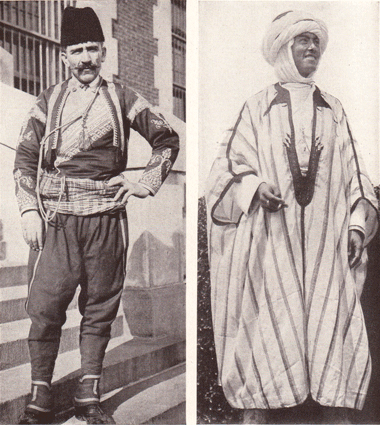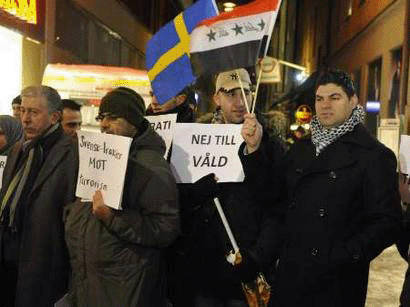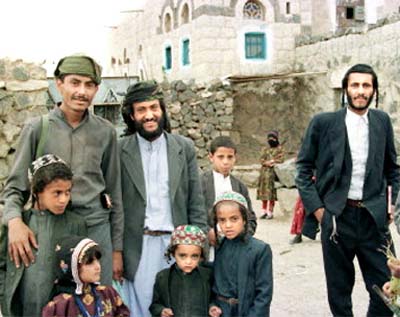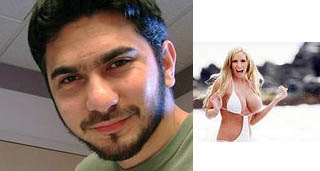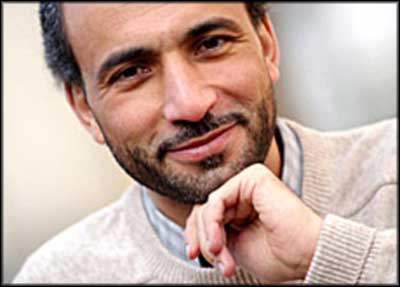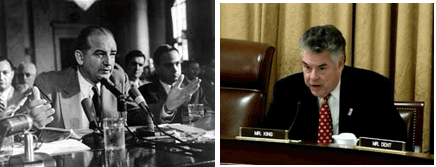
by Seema Jilani, The Guardian, March 3, 2011
As our new chairman of the House homeland security committee, I see that you have established congressional hearings on Muslim Americans to investigate the threat of homegrown terrorism, starting on 10 March. Just so I can rehearse, exactly how American would you like me to be? Can I just lip sync the Toby Keith lyrics at my hearing, or do I actually have to don the American flag as a bandana, too? After all, my family and I need to prepare for our big day in court.
Since your hearings have been set up to demonstrate that Muslim Americans are, as you say, “uncooperative with authorities”, might I direct you to the new study by the Triangle Centre on Terrorism and Homeland Security? It found that tips from Muslim Americans provided information that helped authorities thwart terrorist plots in 48 of 120 cases. The report further notes that: “Muslim Americans have been so concerned about extremists in their midst that they have turned in people who turned out to be undercover informants.” Don’t take my word for it, though. The director of the National Counterterrorism Centre, Michael Leiter, FBI Director Robert S Mueller III and US Attorney General Eric H Holder Jr have all praised the American Muslim community for playing an instrumental role in assisting law enforcement agencies. A little strange, then, that apparently, you won’t be calling any law enforcement officials. Continue reading Pete King, America’s new McCarthy
